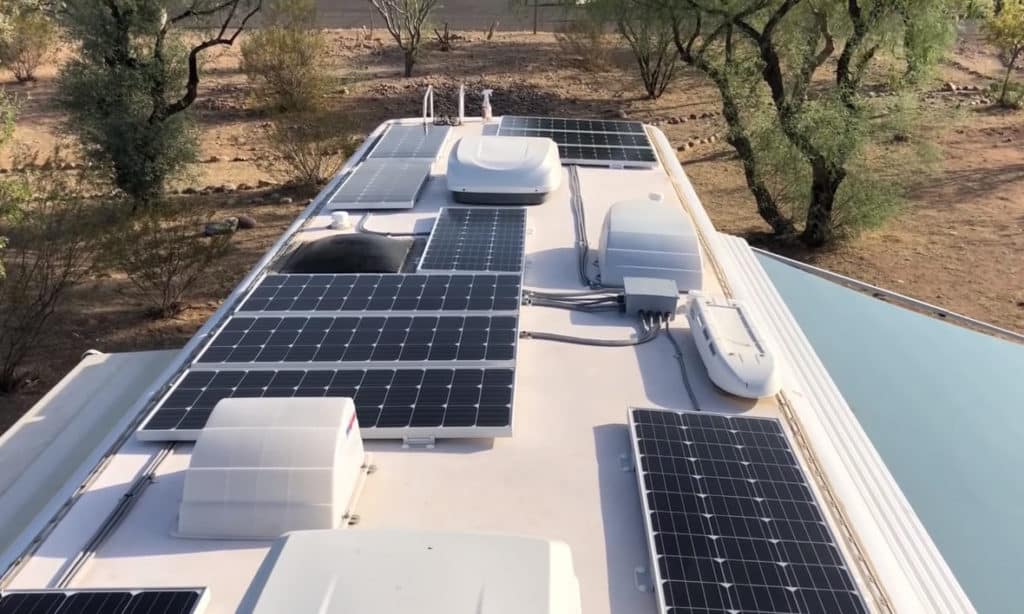Using solar panel components requires careful handling and maintenance to ensure their optimal performance, safety, and longevity. Here are some precautions to consider.
Electrical Safety:
Solar panels generate electricity when exposed to sunlight. Treat all components as if they are live when sunlight is present.Before performing any maintenance or adjustments, disconnect the system from the grid or turn off the solar circuit breakers to prevent electric shock.
If you’re not experienced with electrical work, consult a professional for any installations or repairs.
Roof Installation:
If you’re installing panels on a roof, ensure they are properly mounted and secured to withstand wind loads and other environmental factors.Use appropriate safety equipment such as harnesses, anchors, and protective gear when working at heights.
Regular Inspection:
Periodically inspect panels, wiring, and connections for signs of damage, wear, or corrosion.Check for debris, leaves, and bird droppings that can accumulate on panels and reduce their efficiency.
Cleaning:
Clean panels regularly to remove dirt, dust, and other debris that can block sunlight. Use a soft brush or a gentle stream of water. Avoid using abrasive materials or harsh chemicals that might damage the glass surface.Clean panels early in the morning or late in the afternoon when they’re cool to avoid thermal shock.
Inverter Maintenance:
Inverters are essential for converting solar energy into usable electricity. Follow manufacturer guidelines for maintenance and inspections.Check for warning lights, alarms, or error messages on the inverter display and address any issues promptly.
Grounding and Wiring:
Properly ground all components to prevent electrical shock and ensure safety during maintenance.Use appropriate wiring methods, conduit, and junction boxes to protect the wiring from exposure to the elements.
Temperature Considerations:
Solar panels can become hot when exposed to sunlight for extended periods. Be cautious when touching them to avoid burns.Some solar panels are designed to be more heat-resistant, so consider the climate of your location when choosing panels.
Snow and Ice:
If you live in an area with snow and ice, make sure the panels are mounted at an angle that allows accumulated snow to slide off. Do not attempt to remove snow or ice from panels manually, as you might damage them.
Wildlife Protection:
Install measures to prevent birds and other animals from nesting under the panels, as this can lead to damage or reduced efficiency.
Adhering to these precautions and following manufacturer guidelines will help ensure the safe and efficient use of solar panel components. If you’re uncertain about any aspect of maintenance or operation, seek advice from experts in the field.


